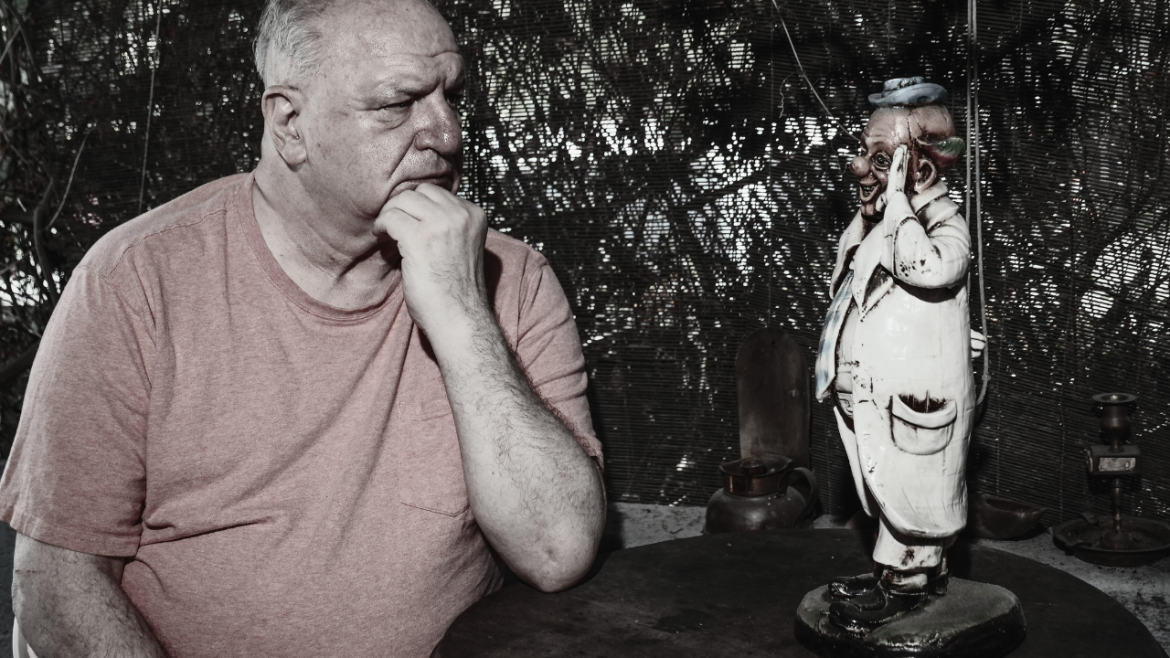How To Recognize Depression In Seniors
Recognizing depression in seniors is crucial for ensuring they receive the appropriate care and support. Untreated depression in seniors can lead to a host of physical, emotional, and social consequences, further diminishing their quality of life. Understanding how to identify the signs of depression in seniors can help caregivers, family members, and healthcare providers offer timely interventions that improve mental and physical well-being.
Understanding Depression in Seniors
Depression in seniors may manifest differently than it does in younger people. While many of us are familiar with the stereotypical symptoms of depression, such as sadness and crying, older adults may not always display these typical signs. Unlike younger adults, seniors may not openly express feelings of sadness. Instead, they might experience a loss of interest in activities, decreased motivation, or a general sense of hopelessness.
As we age, the body undergoes various changes, and for many seniors, depression can be triggered by several factors, including the loss of loved ones, chronic health problems, loneliness, or the challenges associated with aging. The cumulative effects of these life changes can lead to a decline in mental health that is often underreported. Seniors may feel that depression is a natural part of aging or be reluctant to seek help due to stigma or a belief that it cannot be treated. This makes it all the more important for family members and caregivers to recognize the subtle signs and offer support when needed.
Recognizing Emotional and Behavioral Changes
One of the first signs of depression in seniors is a noticeable change in mood. While everyone has bad days, prolonged periods of sadness, irritability, or emotional numbness should be taken seriously. Seniors may express feelings of hopelessness or worthlessness, often saying things like, “I’m not good for anything” or “What’s the point of doing anything?” These kinds of statements should not be dismissed as mere complaints. They are often cries for help and may signal a deeper, emotional struggle.
Behavioral changes are another red flag that depression may be present. Seniors with depression may withdraw from social activities they once enjoyed. They may stop visiting with family or friends or avoid participating in hobbies or events. The loss of interest in activities that once brought joy is one of the hallmark signs of depression. Seniors may no longer engage in their regular routines or find it difficult to maintain the social connections that were previously important to them.
Additionally, depression can lead to a decline in daily functioning. Seniors may find it harder to complete everyday tasks like cooking, cleaning, or maintaining personal hygiene. Simple activities that once felt effortless can become overwhelming, leaving seniors feeling fatigued, apathetic, or disoriented. Caregivers may notice a lack of motivation or neglect of self-care, which can exacerbate feelings of worthlessness and isolation.
Physical Symptoms and Complaints
Unlike younger adults, seniors with depression often experience physical symptoms that may not immediately suggest a mental health issue. These physical signs can include unexplained aches and pains, such as back pain, headaches, or gastrointestinal problems. Seniors may frequently visit doctors, complaining of physical discomfort without any clear medical cause. These physical complaints can be frustrating for both the senior and their caregivers, as the underlying issue – depression – remains untreated.
Loss of appetite or overeating is another indicator of depression in seniors. Depression can cause significant changes in eating habits, either leading to a decrease in appetite or to the consumption of unhealthy comfort foods. For seniors who are already at risk of malnutrition, a loss of appetite can have serious consequences for their physical health. Alternatively, overeating can lead to weight gain, further contributing to physical and emotional strain.
Sleep disturbances are also common among seniors with depression. Seniors may experience difficulty falling asleep, staying asleep, or waking up too early. The lack of restful sleep can compound feelings of fatigue, irritability, and sadness, creating a vicious cycle that is difficult to break. Sleep problems can also increase the risk of other health issues, such as heart disease and high blood pressure, making it even more important to address the underlying cause.
Social Withdrawal and Isolation
Seniors with depression often isolate themselves from others, either because they no longer enjoy social interactions or because they feel too tired or overwhelmed to engage. This withdrawal can deepen feelings of loneliness and exacerbate depression. For seniors who have lost spouses, friends, or family members, isolation can be especially prevalent.
Loneliness is a key risk factor for depression and is often both a cause and consequence of the condition. It can be difficult for seniors to break free from this cycle, which is why family members and caregivers must make a concerted effort to maintain connections and offer emotional support.
The Importance of Early Intervention
Recognizing depression in seniors is essential for early intervention and effective treatment. If you notice any of the signs outlined above, it’s important to speak with a healthcare provider to explore treatment options. Depression is a treatable condition, and many seniors experience significant improvement with the right support, whether through therapy, medication, or a combination of both. Support from loved ones, including listening without judgment, encouraging participation in activities, and offering help when needed, can also play a significant role in recovery.
By recognizing the emotional, behavioral, physical, and cognitive signs of depression in seniors, caregivers and loved ones can provide the necessary care and support to ensure that seniors receive the treatment they deserve. Early diagnosis and intervention can make all the difference in improving the quality of life for seniors living with depression, allowing them to live with hope, dignity, and better mental well-being.

